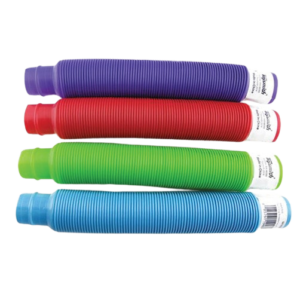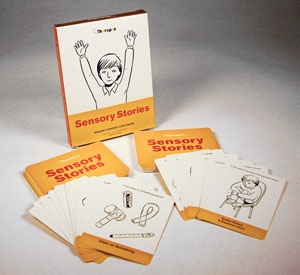Therapro was delighted to participate in the 26th Annual Autism Conference Community Resources event, held on April 15th in Agawam, MA. This well-attended conference, dedicated to providing valuable information and networking opportunities for families and professionals, welcomed a sold-out crowd of 650 participants. Renowned autism advocate Temple Grandin, Ph.D., delivered three insightful lectures titled “Autism and My Sensory Based World.” The day concluded with a panel discussion highlighting the everyday challenges and triumphs of individuals living with autism spectrum disorder.
Dr. Grandin is a renowned author and speaker on topics related to autism. She is a Professor of Animal Science at Colorado State University. Throughout the day she spoke on a personal level as an individual who is autistic as well as on a professional level sharing information about therapeutic treatment strategies that are currently in use. Dr. Grandin explained how the autistic brain works, specifically highlighting in a fascinating way, how her brain categorizes experiences.
Therapro’s exhibit was popular with parents of children and adolescents diagnosed with ASD as well as with professionals. Fidgets of all types were popular, including the all-time favorite Rapper Snappers, Fidget Pencils, Bendeez, and Tangles. The Fidget Kit, which offers a variety of fidgets in one pack sold out quickly. Chewy necklaces were sought out throughout the day. Senseez Vibrating Pillows were a big hit. The Sensory Connection books and Drive-Thru Menus were hard to keep in stock. Books and products that address building social skills were praised: Social Skills Picture Book for High School and Beyond, Building Social Relationships, and Mind Your Manners.
Visitors to our exhibit engaged in interesting discussions about weighted blankets, sensory sensitivities, and favorite self-regulation strategies. Many were familiar with Therapro and expressed their thanks for great products. One mom told me that “Therapro has made a big difference in my son – thank you!” Her 9-year-old son, who has ASD, loves Stretchy String, which he calls his “string of life!”
This conference was inspirational because it provided professionals and caregivers with insight and community resources from an individual who lives with autism daily. Dr. Grandin’s ability to share her life experiences was moving. I had the opportunity to meet and speak directly with her. She expressed her gratitude for Therapro distributing her favorite of the books she has written, The Way I See It: A Personal Look at Autism & Asperger’s.
Filomena Connor, MS, OTR/L


 Sensory Stories, published by Therapro, are similar to Social Stories but with the specific approach to teaching children with autism and over-responsive sensory modulation issues to successfully engage in social activities within the home, school, and community. Sensory Stories comprise 30 individual stories about daily activities. These Sensory Stories instruct the child to use calming sensory strategies in order to deal with the unpleasant sensory aspects of that particular situation. When read on a regular basis, Sensory Stories assist the child in developing effective routines to manage the sensory experiences surrounding typical daily activities. The authors have conducted several studies to demonstrate their effectiveness. They can be viewed on the
Sensory Stories, published by Therapro, are similar to Social Stories but with the specific approach to teaching children with autism and over-responsive sensory modulation issues to successfully engage in social activities within the home, school, and community. Sensory Stories comprise 30 individual stories about daily activities. These Sensory Stories instruct the child to use calming sensory strategies in order to deal with the unpleasant sensory aspects of that particular situation. When read on a regular basis, Sensory Stories assist the child in developing effective routines to manage the sensory experiences surrounding typical daily activities. The authors have conducted several studies to demonstrate their effectiveness. They can be viewed on the